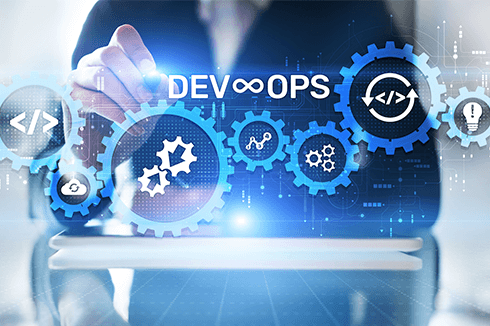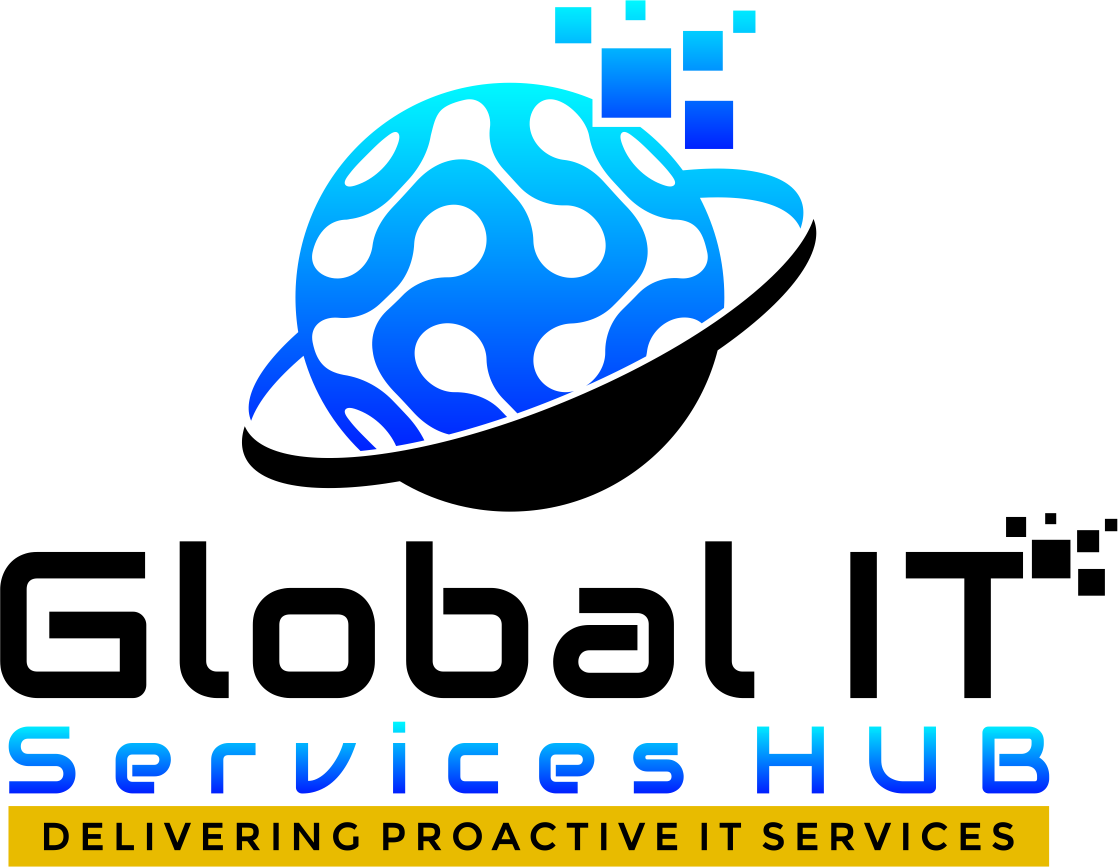DevOps
Our team of experienced DevOps professionals is dedicated to providing end-to-end support and management of your DevOps environment, ensuring that your organization can deliver high-quality software at speed and scale.
DevOps

DevOps Strategy: We work with you to develop a customized DevOps strategy that aligns with your business objectives and goals, taking into account your current infrastructure, applications, and workflows.
Continuous Integration and Continuous Delivery (CI/CD): We help automate your software delivery pipeline using CI/CD tools, ensuring that your code is tested, integrated, and deployed quickly and efficiently.
Configuration Management: We provide configuration management services using tools like Ansible, Puppet, and Chef to automate the provisioning and configuration of your infrastructure and applications.
Monitoring and Alerting: We set up and manage monitoring and alerting tools like Nagios, Zabbix, and Prometheus to provide real-time visibility into your DevOps environment, allowing for quick detection and resolution of issues.
Expertise

- Infrastructure Management: Setting up, configuring, and maintaining the hardware, servers, and cloud-based resources required for the development and deployment processes.
- Continuous Integration/Continuous Deployment (CI/CD) Pipelines: Designing, building, and maintaining automated CI/CD pipelines to facilitate the efficient and continuous release of software.
- Version Control System: Managing version control systems like Git to ensure smooth code collaboration and track changes efficiently.
- Monitoring and Logging: Implementing and configuring monitoring tools to track the health and performance of applications and infrastructure. Setting up centralized logging to gather and analyze logs for troubleshooting and improvements.
- Scripting and Automation: Developing scripts and automation tools (e.g., Bash, Python, PowerShell) to streamline repetitive tasks and improve operational efficiency.
IT DevOps teams focus on automating the software delivery process through continuous integration, testing, and deployment, which reduces the time and effort required to release new software and updates.
IT DevOps teams use IaC principles to automate the configuration and management of IT infrastructure, which enables more efficient and consistent management of IT resources.
IT DevOps emphasizes the importance of collaboration and communication between development and operations teams, which helps to align goals and priorities and improve the overall efficiency and effectiveness of IT operations.
IT DevOps teams often use agile methodologies to manage IT projects and operations, which helps to promote flexibility, efficiency, and responsiveness.
IT DevOps involves a set of practices, tools, and methodologies aimed at improving the efficiency and effectiveness of IT operations. The primary goal of IT DevOps is to accelerate the delivery of IT services and applications while maintaining high levels of quality and reliability.
- Site Reliability Engineering
- ChatOps
- Continuous Integration
- Microservices
- Continuous Monitoring


